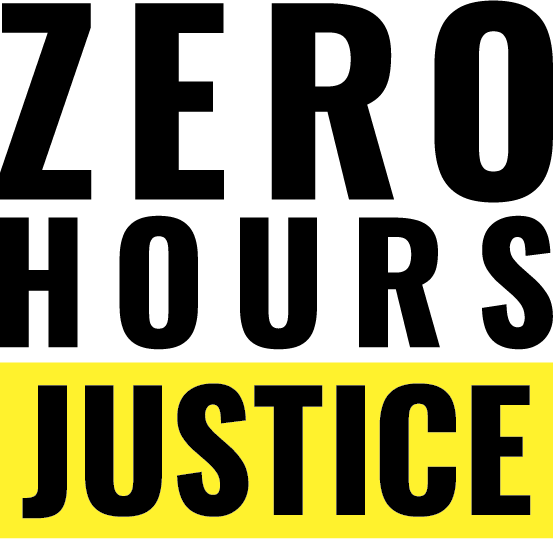Dawn Etheridge had been working as a casual worker for Broxbourne Council since 2007, primarily as a sports attendant. She contacted us initially in June 2020 after she had booked shifts cancelled as a result of the pandemic. After almost three months of not knowing whether she would be furloughed, the council confirmed that casual workers would not be furloughed because they "did not fit the criteria". It was never explained to her what this meant. Zero Hours Justice became involved and wrote to the council. First the council said that Dawn was not furloughed because she was a casual worker not an employee. But, the government guidance for the Coronavirus Job Retention Scheme (CJRS) was that casual workers could be furloughed and we are aware of other employers who had furloughed casual workers. The council then said that it had not made use of the CJRS because the scheme was not available to the public sector. This also was incorrect - the government guidance did not specifically prohibit public sector organisations. At any rate, even if they did not make use of the scheme, public sector employers were expected to pay their staff as normal from its budget. Zero Hours Justice escalated this matter to the local councillors
Dawn covered both football and netball matches. She subsequently found out that, for some of her work she did, she was paid at a different rate for netball matches that were not on Saturday compared to her colleagues. When Dawn told us about this, we immediately took this up with the council CEO on her behalf. The council responded that the discrepancy in Dawn's pay was due to a one-off, ad-hoc decision by a manager a couple of months earlier to deal with staff shortages and that it had now been rectified. Then then offered £500 in settlement to resolve the matter. Dawn could not accept the council's explanation as it did not tally with her own experience of working for the council for almost 20 years. With our help, she estimated that she might have lost on at least £6,000 worth of pay over the years. The council's offer of £500 did not even cover the work lost as a result of the pandemic, let alone a shortfall in pay. Unfortunately, as the dispute covered a period of almost 20 years, much of the evidence that would be required to prove Dawn's case in court was no longer available.
Dawn covered both football and netball matches. She subsequently found out that, for some of her work she did, she was paid at a different rate for netball matches that were not on Saturday compared to her colleagues. When Dawn told us about this, we immediately took this up with the council CEO on her behalf. The council responded that the discrepancy in Dawn's pay was due to a one-off, ad-hoc decision by a manager a couple of months earlier to deal with staff shortages and that it had now been rectified. Then then offered £500 in settlement to resolve the matter. Dawn could not accept the council's explanation as it did not tally with her own experience of working for the council for almost 20 years. With our help, she estimated that she might have lost on at least £6,000 worth of pay over the years. The council's offer of £500 did not even cover the work lost as a result of the pandemic, let alone a shortfall in pay. Unfortunately, as the dispute covered a period of almost 20 years, much of the evidence that would be required to prove Dawn's case in court was no longer available.
As you can see in my contract, they let you know that, if you are not available, they may not asking you [to work] again. When I started 13 years ago as a widow with two children, I found this quite frightening and intimidating so I made sure I took all the work I could do and didn't ask too many questions about holiday and pension. Thank God, I'm not that person any more. My children have grown up so now they don't rely on my so much, so I can afford to speak up for myself and other people that can't.
As a casual worker at Broxbourne Council, I felt that no one would listen to me. I felt unimportant and overlooked. Zero Hours Justice helped me have a voice. It was only when they got involved, that the Council started paying attention to my concerns. Without their help I feel that the Council would have continued ignoring me and other casual workers like me.



